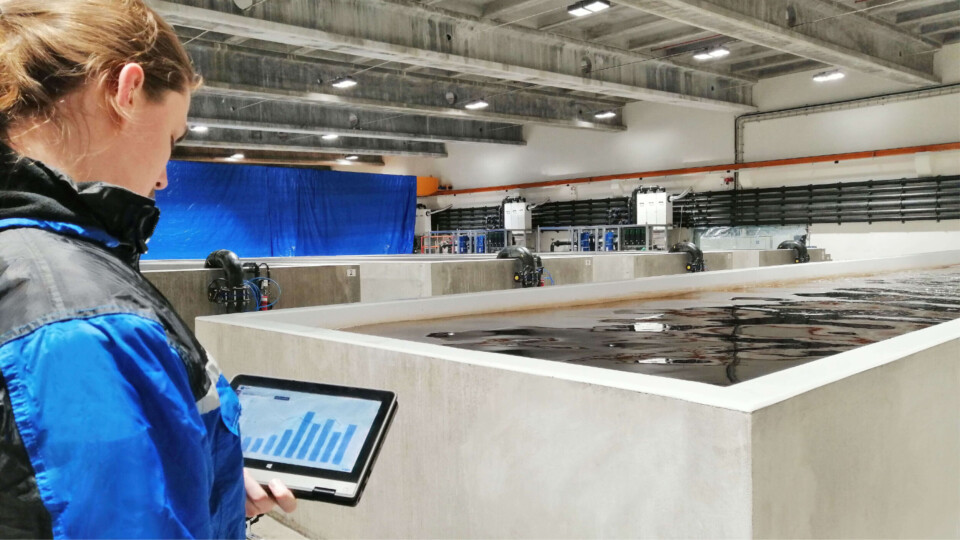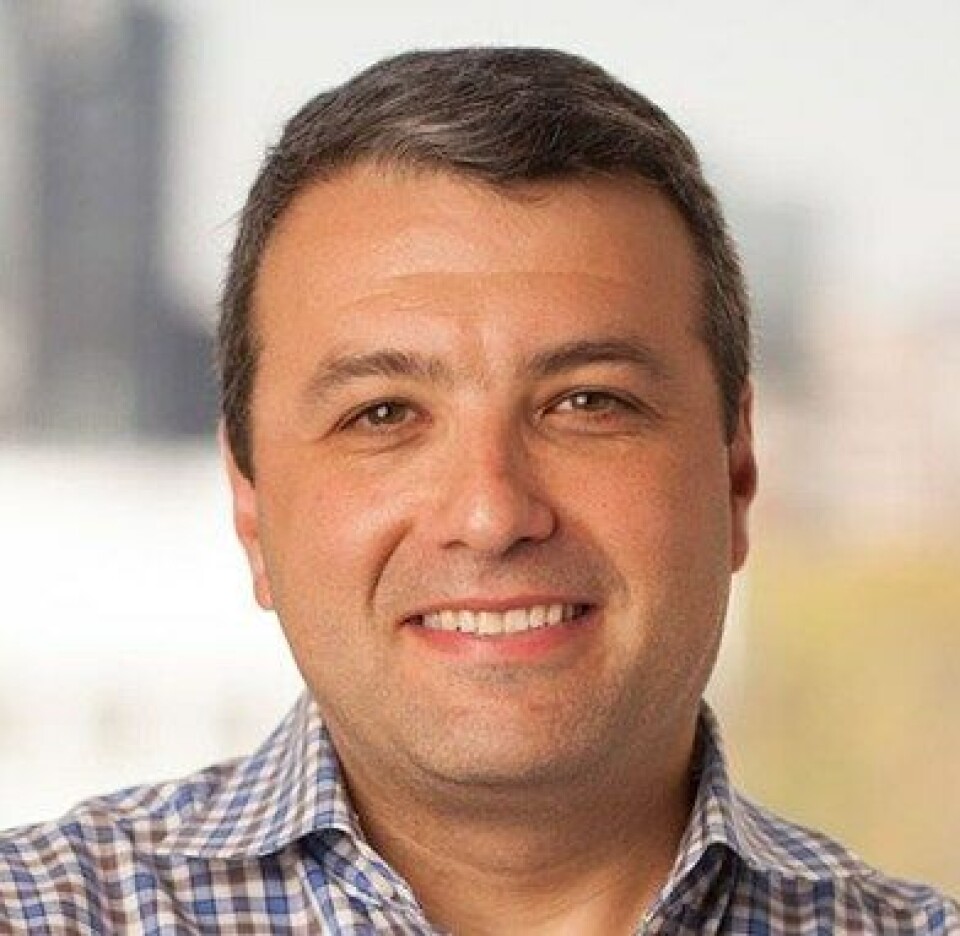
'Invisible patterns’ data analyst Ecto raises $7m
Ecto, a company that says its analytics platform can reduce preventable losses by connecting disparate data to reveal patterns previously invisible to fish farmers, has raised $7 million (£5.13m) in financing led by Rabobank’s Food & Agri Innovation Fund and sustainable aquaculture investor Aqua-Spark.
Examples of its platform’s impact include the discovery that the concentration of ash in feed is strongly correlated with high mortality at a specific growth stage of fish.
And one of Ecto’s predictive models successfully provided early alerts for algae-related mortality outbreaks last summer for a salmon farming company.
Early detection
Alongside Rabobank and Aqua-Spark, Ecto’s Series A round has attracted funding from European venture capital investor Seventure Partners, and existing investors Yield Lab and Vodia Ventures.
Ecto plans to use the investment to advance its position in the market for digital decision support tools for aquaculture.
The company’s digital infrastructure supports deep integrations with more than 100 data sources throughout the aquaculture value chain. Ecto’s platform uses multi-generational data that producers already have to automatically build models for the early detection of patterns associated with bio risks.
The software covers multiple environmental factors in all key phases of production affecting fish welfare and development, including hatchery, wellboat and truck transport, grow-out, and processing phases. The company explained that “highly granular” parameters related to individual populations and sites are used to generate more accurate performance forecasts than ever before possible.
“The future of sustainable aquaculture is in data and analytics to reduce preventable issues and human error,” said Ecto chief executive and co-founder Dmitry Kozachenok in a press release.
“Over the past 15 years the industry has seen a lot of innovation in hardware, sensors, vaccines, genetics and feed engineering, but the majority of industry data is locked on paper, spreadsheets, and disparate software systems.
“Our goal is to build analytical connective tissue between all parts of production to drive evidence-based insights that improve habitat welfare, reduce economic losses for producers, and further advance the sustainability profile of the industry.”
Risk mitigation ‘previously not possible’
Rabobank’s senior global seafood analyst, Gorjan Nikolik, said: “Ecto provides the aquaculture industry the long awaited data platform enabling cost reductions and risk mitigation previously not possible.”
Aqua-Spark managing partners Mike Velings and Amy Novogratz said: “We’re excited to be a part of the progress Ecto is making to improve aquaculture with the power of technology.
“We believe sustainable farming requires rigorous management practices. Ecto’s decision support platform will increase output, reduce environmental degradation, improve animal welfare, and increase transparency and traceability in the supply chain.”

From ova to data
Ecto grew out of a Harvard innovation Labs company called Cryoocyte, focused on low temperature preservation technology for salmon eggs. By 2018, the firm was handling nearly 10% of all Atlantic salmon eggs produced globally for grow-out. While in the process of searching for data to showcase the high success rates of the breeding process, Cryoocyte’s founders realised that their grip on industry data was actually more valuable in terms of its predictive power for optimisation, and Cryoocyte became Ecto.
“As a high-tech service provider handling fish eggs, we faced the same issues that every aquaculture supplier and producer faces - with so many factors affecting the outcome - environment, feed formulas, feeding regimen, vaccines and health additives, handling, etc. – how can we validate that any particular improvement has a positive impact, or at least doesn’t have a negative impact at the end,” said Kozachenok.
So many variables
As the Ecto team became more familiar with the various data silos in aquaculture, they began to make connections.
“Each production aspect provides a degree of variability and has an associated data set,” said Kozachenok.
“The raw materials for each feed batch are different due to commodity price fluctuations, resulting in variable portions of proteins and lipids in feeds. The feed company has that data, but the feeding equipment has other data related to, for example, the frequency and duration of feeding times. Labs have results of tested water quality, and so on. Even fundamental things such as oxygen levels are hard to include into multi-factor assessment because a single aquaculture producer with many sites would often use four to five different oxygen hardware suppliers. The range and means of measuring the variables snowballs into a storm pretty quickly.”

Joining the dots
“While others saw an unsolvable puzzle, we saw untapped data and potential insights,” said Ecto’s chief technology officer, Gary Lisvhin. “We realised there was an opportunity to reduce preventable losses and increase industry output by collecting raw data existing in disparate silos and generating insights from previously disconnected streams of information that could answer serious questions.”
Kozachenok and the Ecto team see loss reduction as just one of the benefits from “untrapped” data. “Our highest aim is to sustainably maintain aquaculture under optimal conditions for sea life and minimise unnecessary impact on the environment,” said the chief executive.






















































